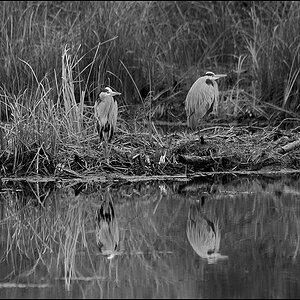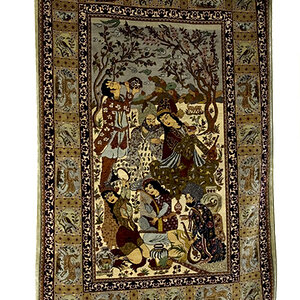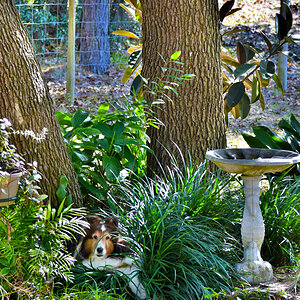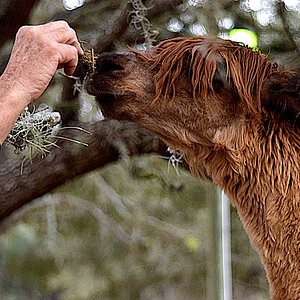nitefly
TPF Noob!
- Joined
- Jan 3, 2006
- Messages
- 988
- Reaction score
- 4
- Location
- Birmingham, UK
- Website
- www.rawmusicians.com
Hi all!!
I have only just joined this forum after getting a simple digital camera for christmas and I've recently decided I want to try and get into photography a little bit. This is the first time I've ever had my own camera - except from disposables haha!! :er:
The camera I have is a HP Photosmart E317...
Now my first question is how do I take one of those photos where the object is non-blurry but the background is blurry. An example of what I mean is below:
http://www.angelsix.com/forumplus/angelsix-photography/images/restingbee.jpg
credit to http://www.angelsix.com this picture is not my work but is Luke Malpass'
Another thing I would like to know about, is touching photographs up using Photoshop. Now as a web design, i'm already experienced in photoshop but i've never learnt how to edit photos to make the look bright and sharp etc.
I thankyou in advance as I am pretty sure I will get some valuable help from people round here. I really would appreciate advice.
Many thanks,
Nathan.
I have only just joined this forum after getting a simple digital camera for christmas and I've recently decided I want to try and get into photography a little bit. This is the first time I've ever had my own camera - except from disposables haha!! :er:
The camera I have is a HP Photosmart E317...
Now my first question is how do I take one of those photos where the object is non-blurry but the background is blurry. An example of what I mean is below:
http://www.angelsix.com/forumplus/angelsix-photography/images/restingbee.jpg
credit to http://www.angelsix.com this picture is not my work but is Luke Malpass'
Another thing I would like to know about, is touching photographs up using Photoshop. Now as a web design, i'm already experienced in photoshop but i've never learnt how to edit photos to make the look bright and sharp etc.
I thankyou in advance as I am pretty sure I will get some valuable help from people round here. I really would appreciate advice.
Many thanks,
Nathan.


![[No title]](/data/xfmg/thumbnail/37/37633-94737d4436dff45b827dcc332ff7fba9.jpg?1619738156)
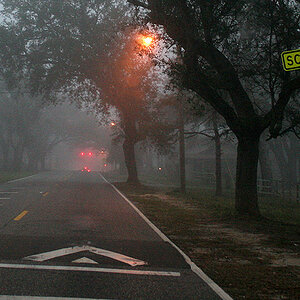
![[No title]](/data/xfmg/thumbnail/41/41932-53eeba896d5bf8f132e52d5277f94ce2.jpg?1619739946)
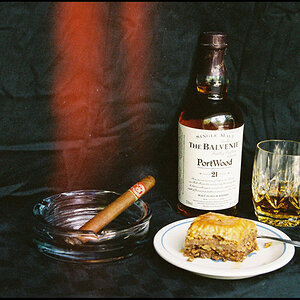
![[No title]](/data/xfmg/thumbnail/34/34118-1c18899050bfacc1ed25ac6c1740422b.jpg?1619736288)
![[No title]](/data/xfmg/thumbnail/41/41890-a5975e67f00dd9340fcf9dba8728a762.jpg?1619739933)
![[No title]](/data/xfmg/thumbnail/34/34115-73b827c6a6db1413dcead11e4caaae69.jpg?1619736285)

